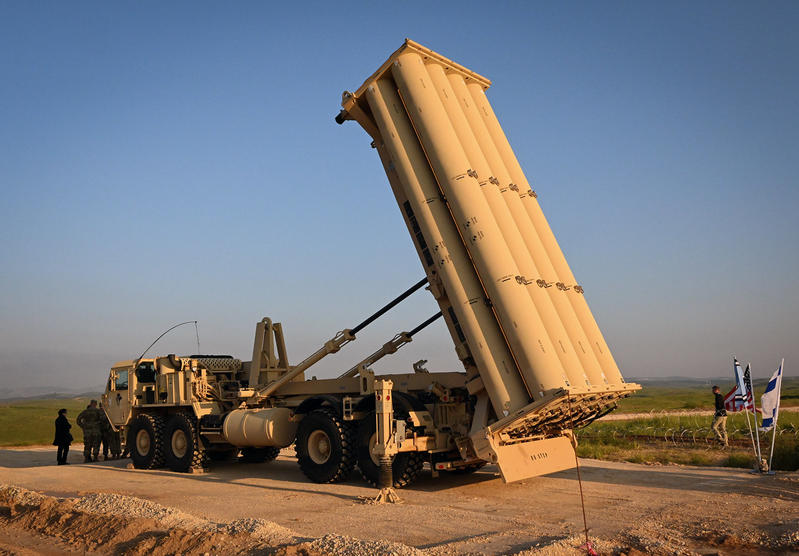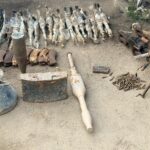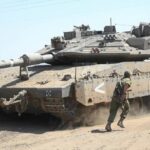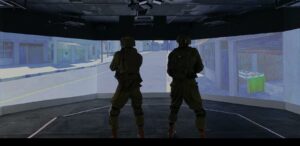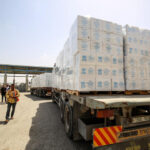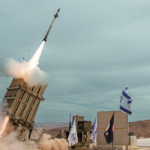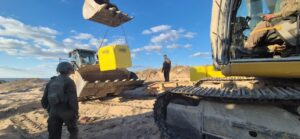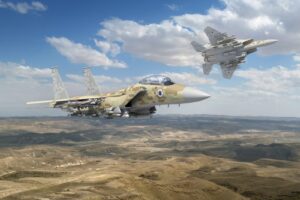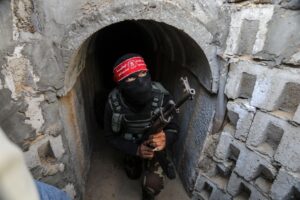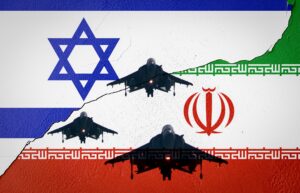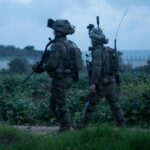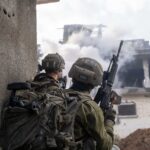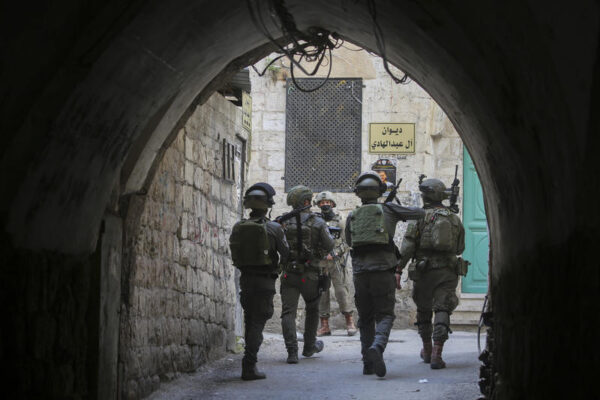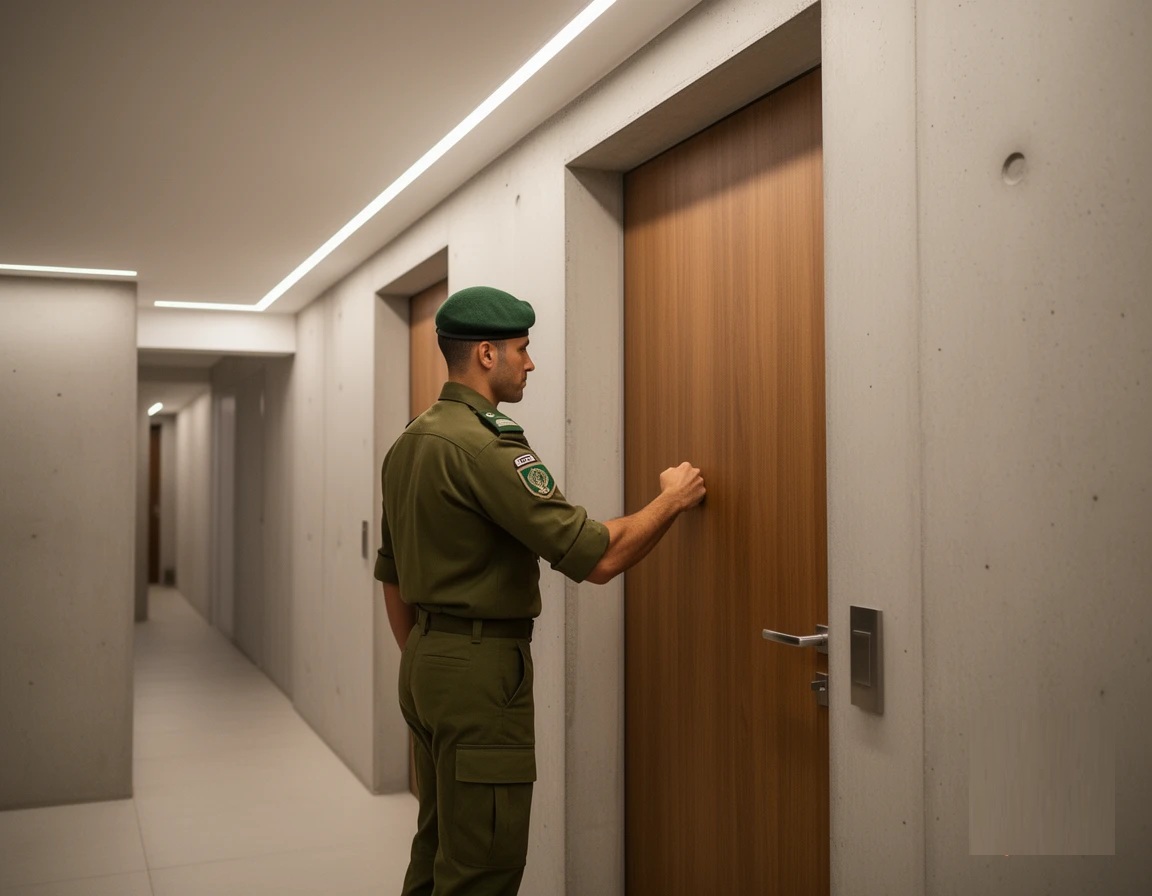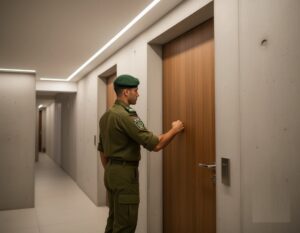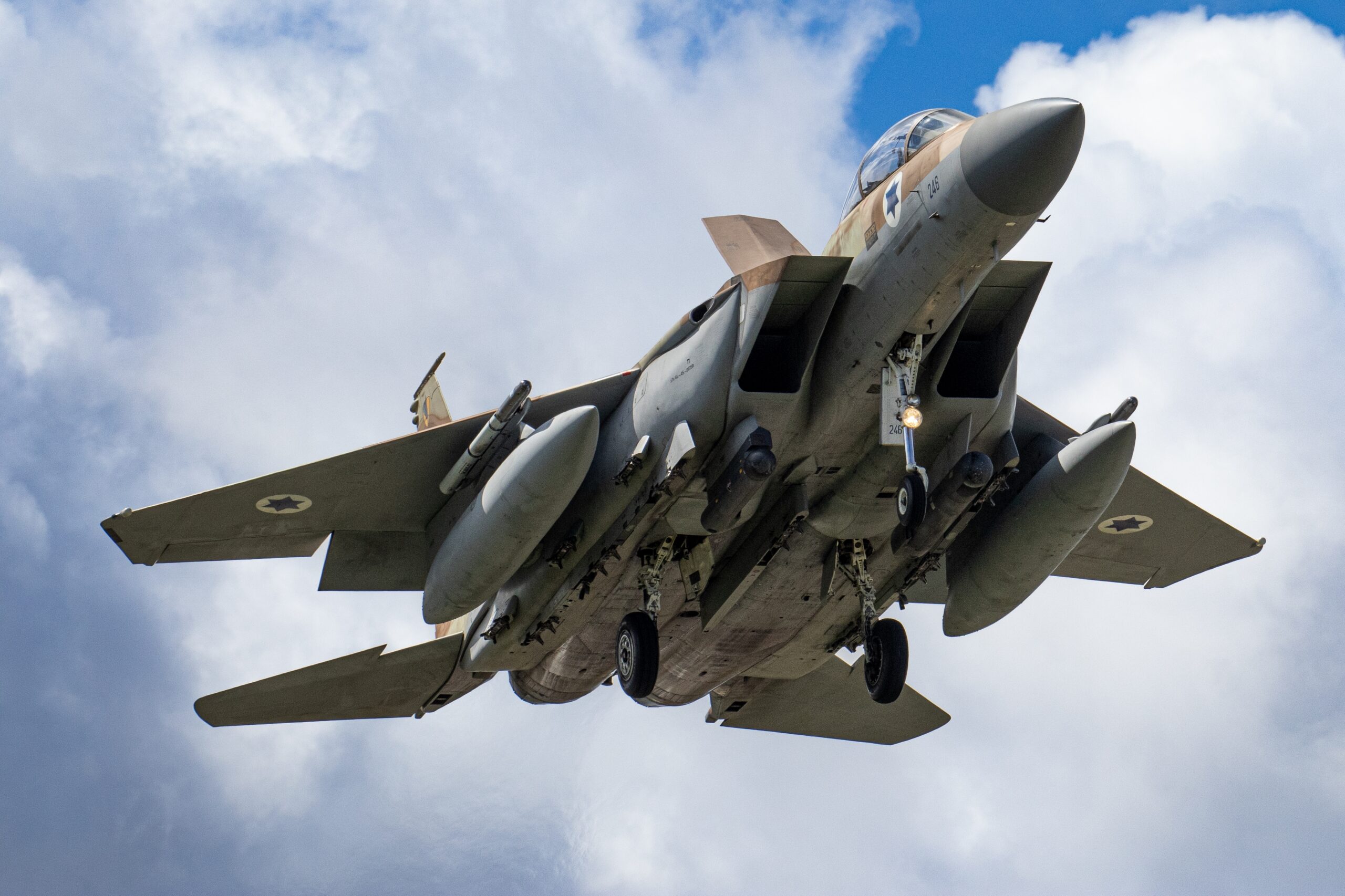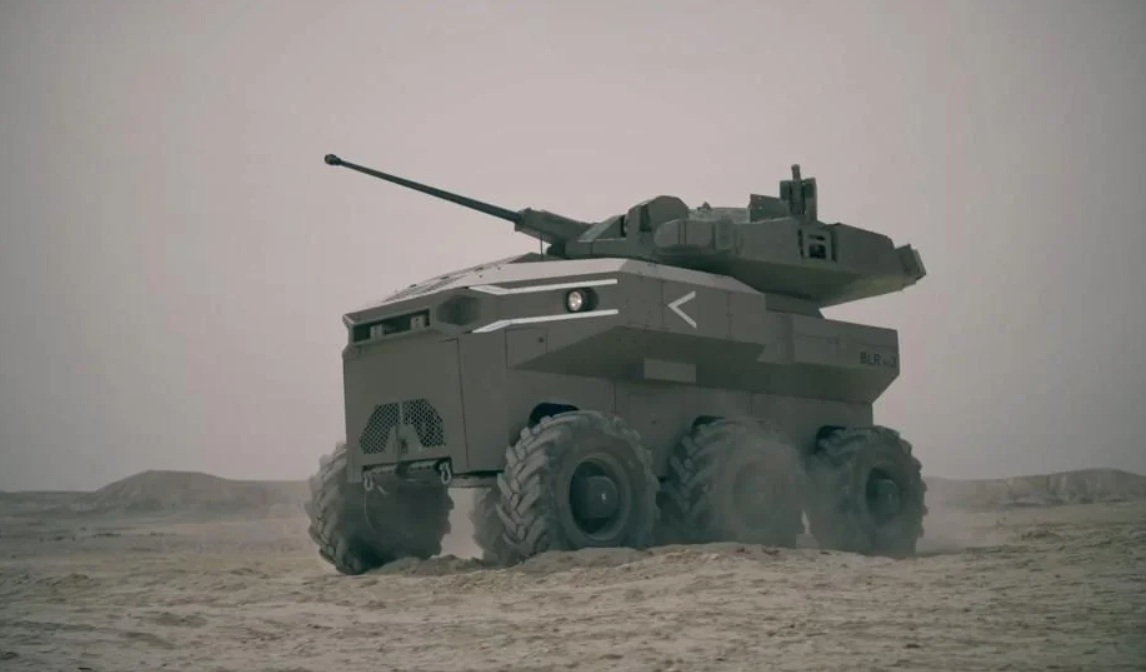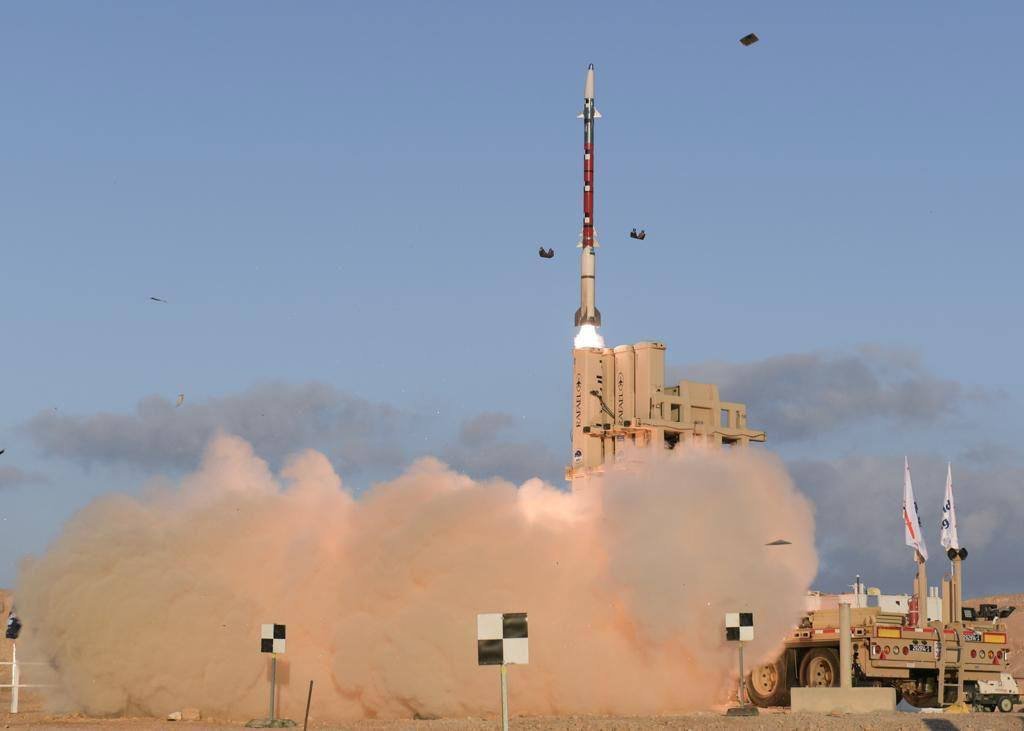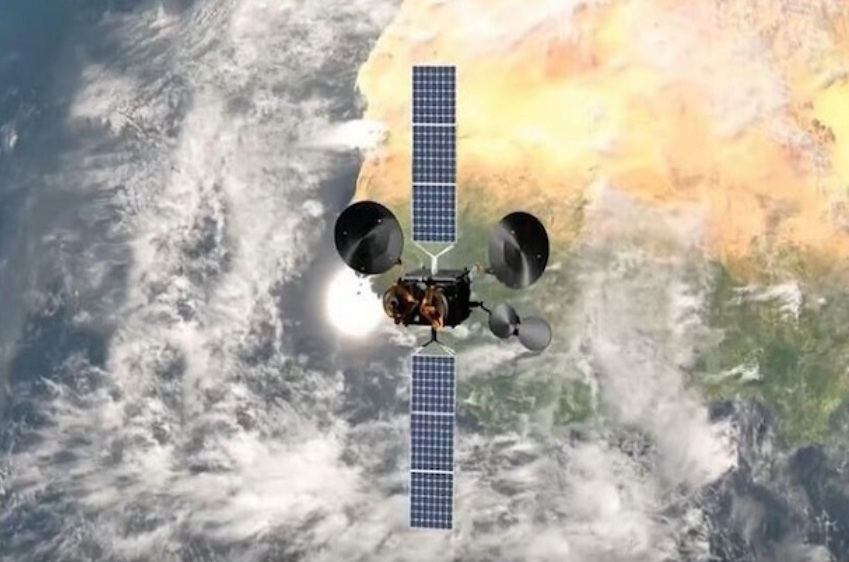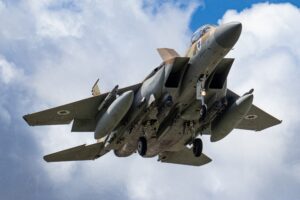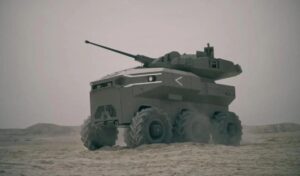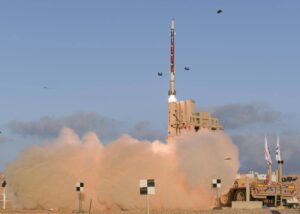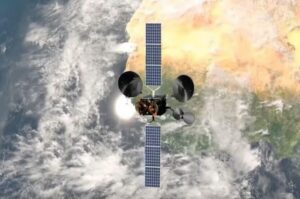Each THAAD battery is operated by around 100 U.S. soldiers and includes 48 interceptors and six launchers.
By IDF Club
The United States launched nearly $500 million worth of advanced interceptor missiles to defend Israel during recent conflicts, including the 12-day Israel-Iran war in June and ongoing attacks from terror groups, including the Houthis, since the outbreak of the October 7 war.
According to leaked Pentagon documents viewed by Business Insider, an emergency budget request seeks $498.265 million to replenish an unspecified number of Terminal High Altitude Area Defense (THAAD) interceptor missiles that were “expended in support of Israel.”
The document emphasized that “this is a congressional special interest item. This is an emergency budget requirement.” The funding requires approval from U.S. lawmakers.
Media reports indicate that between 100 and 150 THAAD missiles were fired during Operation Rising Lion, when Iran targeted both civilian areas and military sites across Israel.
A July CNN report noted that the U.S. used about a quarter of its total THAAD supply during the conflict, with analysts warning that replenishment could prove difficult.
Each THAAD battery is operated by around 100 U.S. soldiers and includes 48 interceptors and six launchers.
Manufactured by defense industry titan Lockheed Martin, each battery costs roughly $12.7 million, according to a Missile Defense Agency budget reviewed by CNN.
“It is important to recognize the level of commitment and the level of expenditure here in defense of Israel is significant,” a missile defense analyst told CNN in July.
“The reports about THAAD expenditure are concerning. This is not the sort of thing that the U.S. can afford to continue to do on and on,” the expert added.
“It was a major commitment to our Israeli ally, but missile defense interceptor capacity is definitely a concern, and THAAD is a very scarce resource.”
Another defense expert told CNN that in the aftermath of the war, the U.S. Department of Defense is now prioritizing THAAD production, in order to avoid a potential shortage of the critical munitions in the future.


